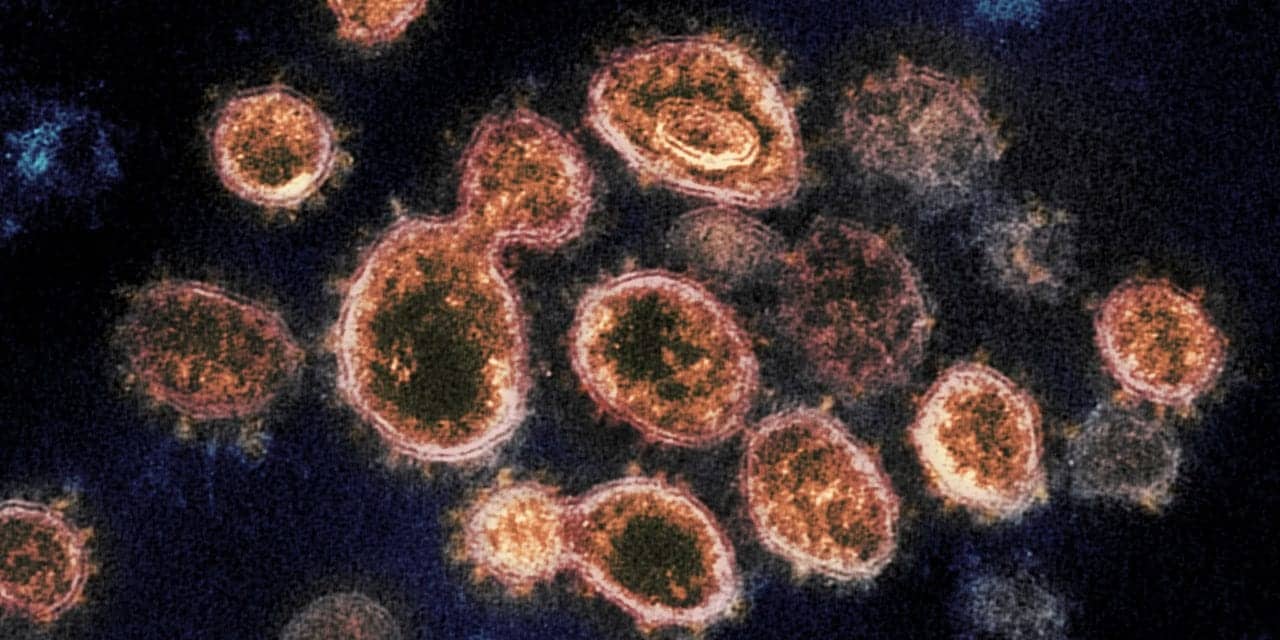In a letter to the editor of the Journal of Nuclear Medicine, a group of clinicians from Switzerland outline ways nuclear medicine can benefit the diagnosis and treatment of COVID-19.’
Accumulating evidence suggests that some of the detrimental effects seen in patients with severe COVID-19 are attributed to an overly host antiviral defense as seen in severe acute respiratory syndrome (SARS), leading to hyperinflammatory reactions or cytokine storm syndrome, sometimes also affecting the central nervous system
Until now, however, existing knowledge regarding supportive care and adjunctive pharmacologic therapy is limited. Even worse, a subgroup of COVID-19 patients that seems to do well after getting out of the intensive care unit dies of acute respiratory syndrome just several days later, without clinical signs indicating their imminent deterioration. This situation may be one of the first places where nuclear medicine should tune in: With 18F-FDG PET/CT for decades being well evaluated for its sensitivity in detecting inflammatory disease, we should start to prospectively collect data in a well-defined group of patients at given time intervals during the course of COVID-19 infection to better understand the inflammatory component of the disease and maybe find early prognostic signs that warrant proactive anti-inflammatory treatment in patients at risk.
Read more from the Journal of Nuclear Medicine.





![Better Breast Care [Most Influential in Radiology]](https://axisimagingnews.com/wp-content/uploads/2020/02/Nina-440x264.jpg)
